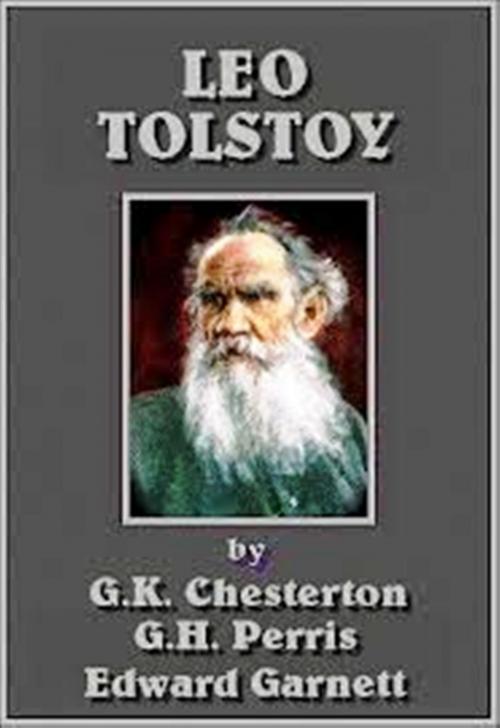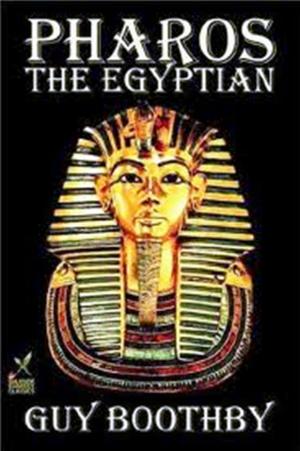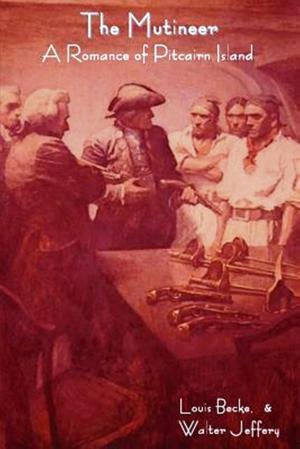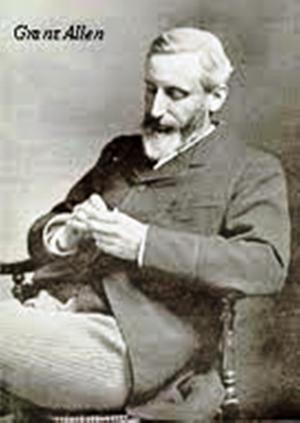| Author: | G.K. CHESTERTON, EDWARD GARNETT, G.H. PERRIS | ISBN: | 1230000146743 |
| Publisher: | WDS Publishing | Publication: | June 30, 2013 |
| Imprint: | Language: | English |
| Author: | G.K. CHESTERTON, EDWARD GARNETT, G.H. PERRIS |
| ISBN: | 1230000146743 |
| Publisher: | WDS Publishing |
| Publication: | June 30, 2013 |
| Imprint: | |
| Language: | English |
If any one wishes to form the fullest estimate of the real character and influence of the great man whose name is prefixed to these remarks, he will not find it in his novels, splendid as they are, or in his ethical views, clearly and finely as they are conceived and expanded. He will find it best expressed in the news that has recently come from Canada, that a sect of Russian Christian anarchists has turned all its animals loose, on the ground that it is immoral to possess them or control them. About such an incident as this there is a quality altogether independent of the rightness or wrongness, the sanity or insanity, of the view. It is first and foremost a reminder that the world is still young. There are still theories of life as insanely reasonable as those which were disputed under the clear blue skies of Athens. There are still examples of a faith as fierce and practical as that of the Mahometans, who swept across Africa and Europe, shouting a single word. To the languid contemporary politician and philosopher it seems doubtless like something out of a dream, that in this iron-bound, homogeneous, and clockwork age, a company of European men in boots and waistcoats should begin to insist on taking the horse out of the shafts of the omnibus, and lift the pig out of his pig-sty, and the dog out of his kennel, because of a moral scruple or theory. It is like a page from some fairy farce to imagine the Dukhobor solemnly escorting a hen to the door of the yard and bidding it a benevolent farewell as it sets out on its travels. All this, as I say, seems mere muddle-headed absurdity to the typical leader of human society in this decade, to a man like Mr. Balfour, or Mr. Wyndham.
If any one wishes to form the fullest estimate of the real character and influence of the great man whose name is prefixed to these remarks, he will not find it in his novels, splendid as they are, or in his ethical views, clearly and finely as they are conceived and expanded. He will find it best expressed in the news that has recently come from Canada, that a sect of Russian Christian anarchists has turned all its animals loose, on the ground that it is immoral to possess them or control them. About such an incident as this there is a quality altogether independent of the rightness or wrongness, the sanity or insanity, of the view. It is first and foremost a reminder that the world is still young. There are still theories of life as insanely reasonable as those which were disputed under the clear blue skies of Athens. There are still examples of a faith as fierce and practical as that of the Mahometans, who swept across Africa and Europe, shouting a single word. To the languid contemporary politician and philosopher it seems doubtless like something out of a dream, that in this iron-bound, homogeneous, and clockwork age, a company of European men in boots and waistcoats should begin to insist on taking the horse out of the shafts of the omnibus, and lift the pig out of his pig-sty, and the dog out of his kennel, because of a moral scruple or theory. It is like a page from some fairy farce to imagine the Dukhobor solemnly escorting a hen to the door of the yard and bidding it a benevolent farewell as it sets out on its travels. All this, as I say, seems mere muddle-headed absurdity to the typical leader of human society in this decade, to a man like Mr. Balfour, or Mr. Wyndham.















